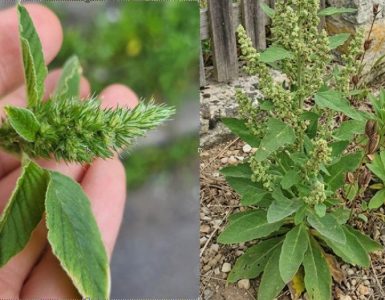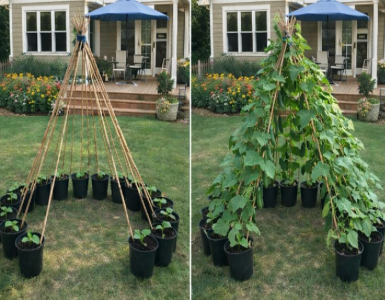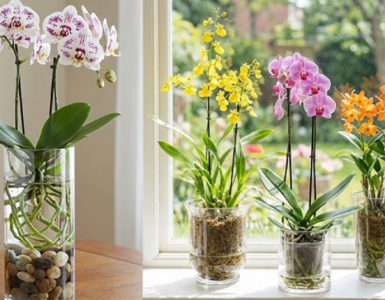Pollination, the natural process by which plants reproduce, is a fundamental ecological function that sustains life on Earth. Among the myriad of plants, flowering plants hold a special significance, not just for their beauty but also for their pivotal role in the ecosystem. Understanding why pollination of flowering plants is so crucial unveils the intricate web of interdependence that supports biodiversity and food production.
Biodiversity Conservation:
Flowering plants, also known as angiosperms, comprise the majority of plant species on Earth. Their pollination ensures genetic diversity within plant populations, which is essential for their adaptation to changing environmental conditions. Additionally, diverse plant populations support a wide array of wildlife, from insects to birds and mammals, fostering healthy ecosystems.
Food Production:
Pollination is indispensable for the production of many crops that form the basis of human diets. It is estimated that approximately 75% of the world’s leading food crops depend, at least in part, on pollination by insects, birds, bats, and other animals. Without adequate pollination, yields of fruits, vegetables, and nuts would drastically decline, jeopardizing global food security.
Crop Quality and Diversity:
Beyond sheer yield, pollination influences the quality and diversity of crops. Cross-pollination, facilitated by pollinators, enhances genetic diversity within crop varieties, making them more resilient to pests, diseases, and environmental stresses. Moreover, pollination contributes to the production of diverse fruits, vegetables, and grains, enriching culinary traditions and nutritional intake worldwide.
Economic Impact:
The economic importance of pollination cannot be overstated. Pollinators, including honeybees, native bees, butterflies, and other insects, contribute billions of dollars annually to the global economy through their pollination services. Beyond agriculture, industries such as pharmaceuticals, textiles, and cosmetics rely on plant-derived materials that originate from pollinated crops and wild plants.
Ecosystem Services:
Pollination extends its benefits beyond food production and economic gains, providing vital ecosystem services. Flowering plants play a crucial role in carbon sequestration, soil formation, and water regulation. By supporting plant growth and reproduction, pollination contributes to the stability and resilience of ecosystems, mitigating the impacts of climate change and environmental degradation.
The pollination of flowering plants stands as a cornerstone of biodiversity conservation, food security, economic prosperity, and ecosystem health. Recognizing its importance is not merely an academic exercise but a call to action for conservation efforts, sustainable agricultural practices, and policies that safeguard pollinator populations and their habitats. As we marvel at the beauty of blooming flowers, let us also appreciate the profound significance of pollination in sustaining life on our planet.






Add comment